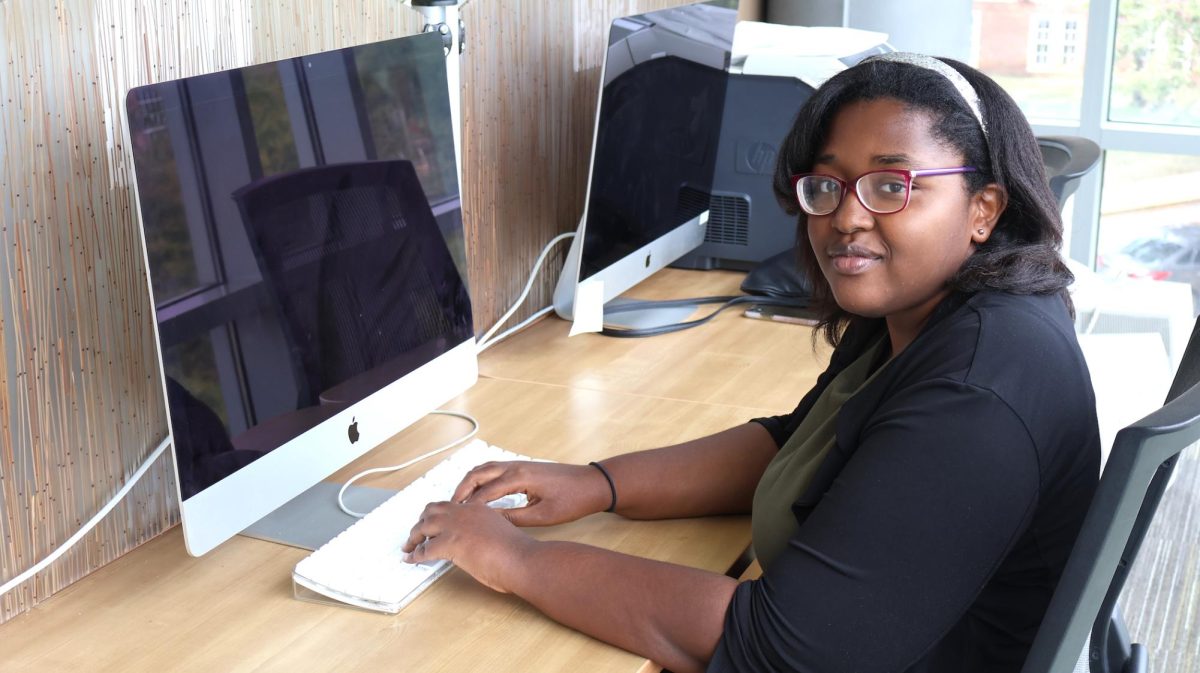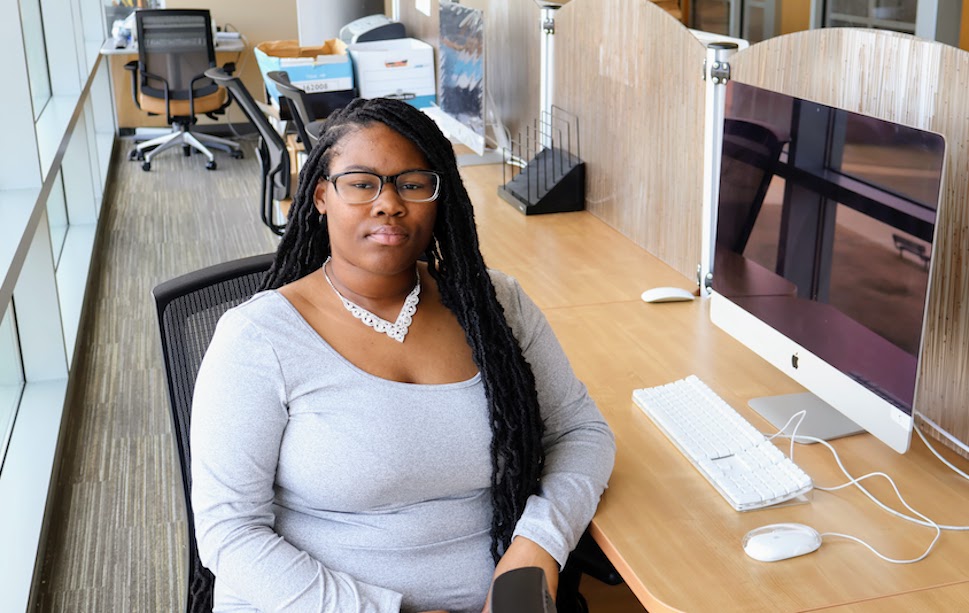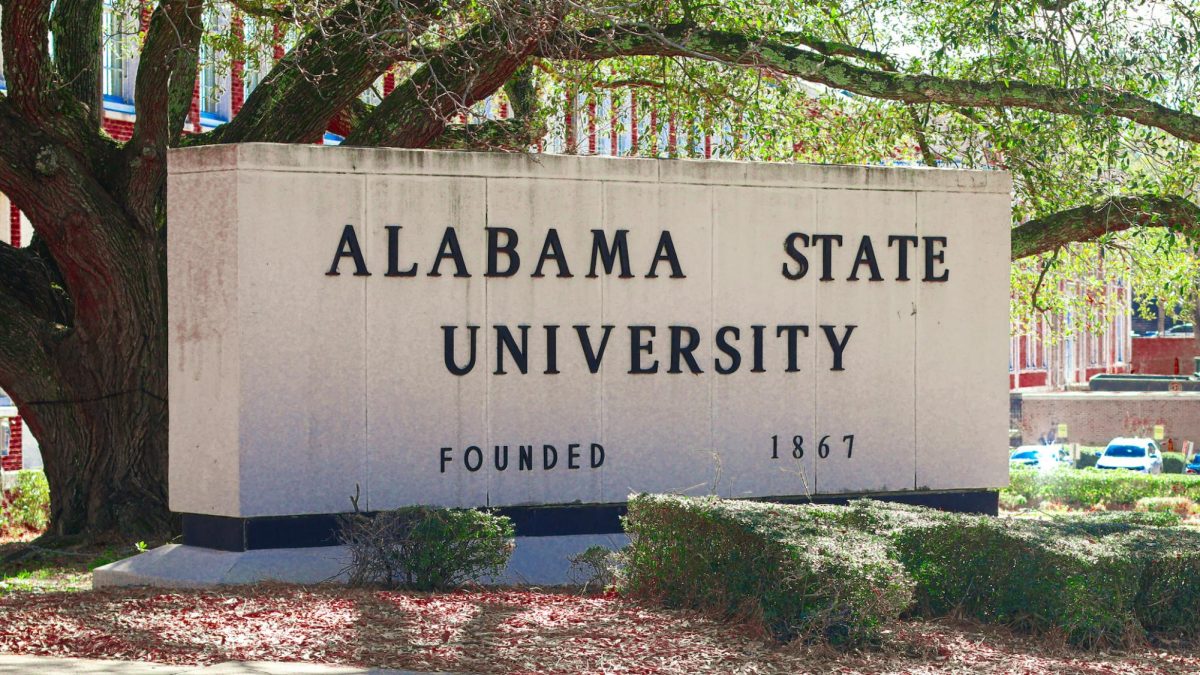Alabama State University is an esteemed college that has been standing proud and gardening generation after generation of Black excellence since its founding in 1867. But while the university excels in some areas, it tends to flounder in others, such as campus dining.
While I am sure the university fares better than others when it comes to dining, there are some factors with much to be desired, such as the lack of variety of available restaurants on campus and the short dining periods in the cafeteria.
As of right now, for students who choose not to dine in the cafeteria, or who may not have a meal plan, their other options are located in the Hardy Center. These options are Subway, Chick-fil-A and Prime Grill. And for those who need a boost of caffeine, Starbucks is located in the Levi Watkins Learning Center.
These are not bad restaurants with bad products, but the scope of things a student can obtain, if they are not interested in eating at the cafeteria, is incredibly limited.
Despite the cafeteria being available, it is no secret that college students partake in a lot of fast food. In 2015, a study was conducted that revealed that more than 70% of college students ate fast food at least once a day.
The university’s smaller size compared to larger universities could be a factor in the lack of variety and why all of the campus restaurants seem to be compacted into one area.
However, when your options seem to be between eating in the cafeteria where the food is a “hit or a miss” or using your own money to pay for one of the same three meals, it is understandable why eating out would be so attractive among college students.
Money could be a main reason why the university only has three restaurants and one cafe, but with all due respect to the university, they do not seem to have any lack of grants or business partnerships willing to throw some bucks our way.
I am sure there are many fast food restaurants that are ready and willing to set up a restaurant somewhere on campus. And if the university wants to be selective with who they choose, I am sure there are healthier options other than fast food, and I cannot think of any corporation that would miss out on the chance for more money.
This is because the cafeteria food is not always satisfactory, or because a student might not have time to go to the cafeteria and will only have time to eat after it is already closed. At the university, breakfast is from 7 a.m. to 9 a.m., lunch is from 11 a.m. to 1 p.m. and dinner is from 5 p.m. to 7 p.m.
One could argue that this is enough time for a student to go and eat, but there are often classes starting at 8 a.m., and a student might choose to wake up at 7 a.m. to give themselves the maximum amount of time to sleep.
It almost seems strange that the cafeteria hours are in between hours when students go to class, as this cuts into the maximum amount of time with which they could be eating. If cafeteria times were each stretched by about an hour, this could give students more time to eat and less time to worry about getting there before it closes.
Breakfast should begin at 7 a.m. and end at 10 a.m., lunch should begin at noon and end at 3 p.m., and dinner should be extended by an hour, concluding at 8 p.m.
This takes into mind that some students have extracurricular activities, such as sports or band, and their practice time might not end until late in the evening. When practice ends, they are already tired.
One could flippantly suggest that if a student feels that trapped by the meal options on campus, then they can just go somewhere else, but this is not a very compassionate view to have.
A lot of students that live on campus do not have a car of their own, especially students who might come from out of town. And students who come from out of town do not have the advantage of possibly asking for a ride from friends and family.
And college students in general tend to be broke, so they have to be very picky and careful about what they choose to spend their money on. But when someone feels like they have a severe lack of options, they tend to act out. Spending a large amount of money on fast food could be one of these ways.
So it is important for the university to be more mindful of students when it comes to dining, because as of right now it does not seem like they are doing all that they could to give students the best dining experience.
Categories:
Do you have issues with campus dining?
Denise Ringo, Staff Columnist
September 17, 2023
Denise Ringo is a senior staff reporter/writer for The Hornet Tribune. She is a 20 year-old junior from Montgomery, Alabama who plans to major in broadcast journalism and hopes to one day become a television producer.
Story continues below advertisement
0
More to Discover









